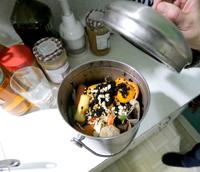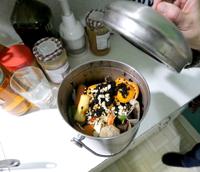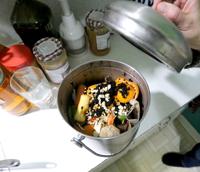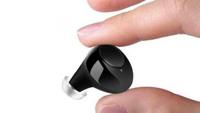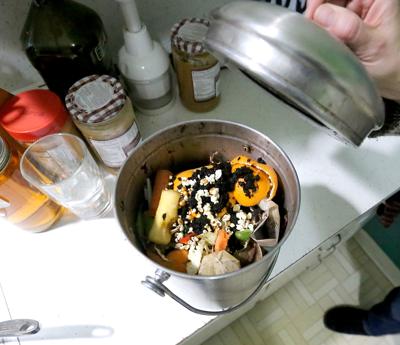Madison starts taking food scraps at drop-off sites
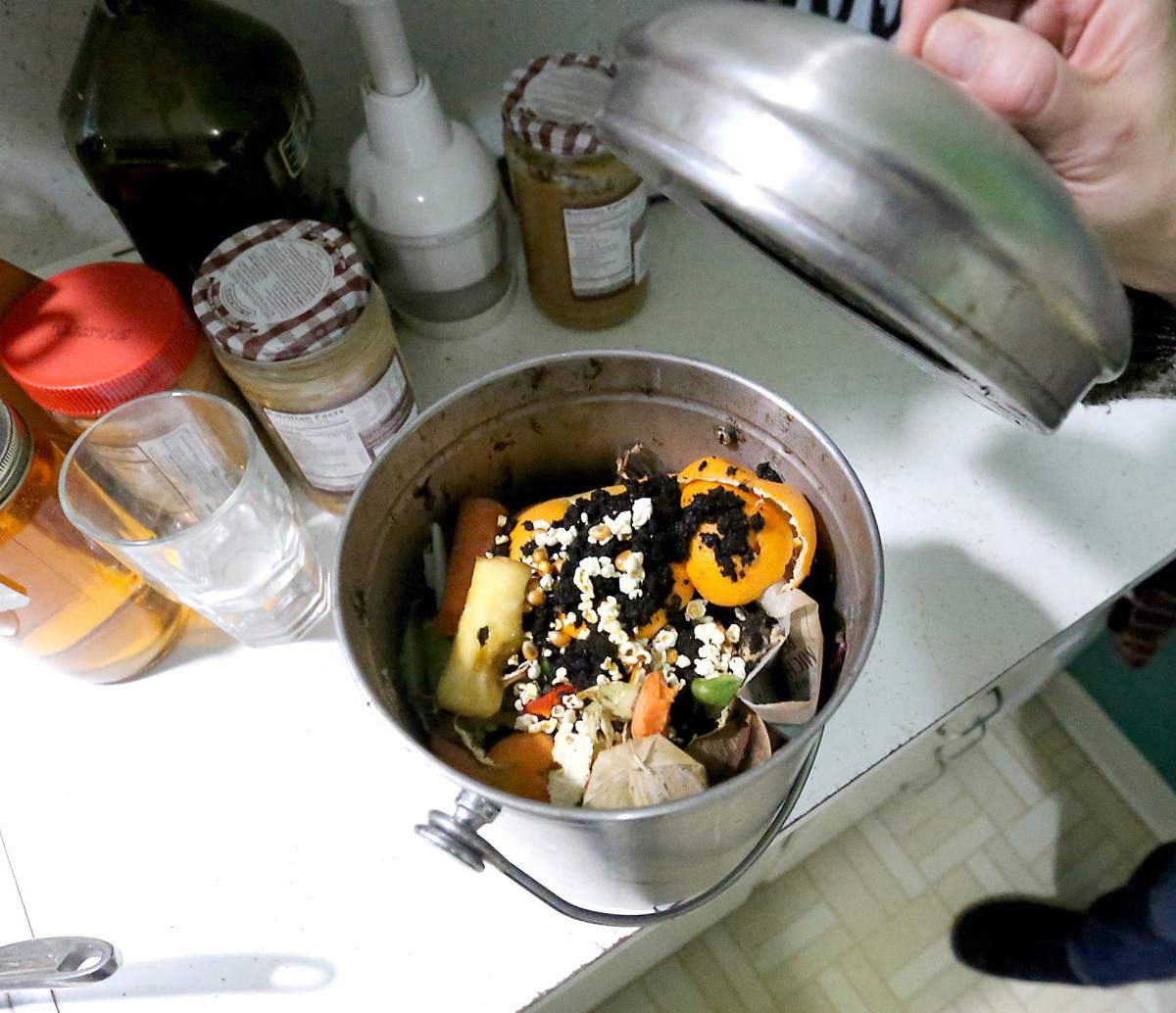
The city of Madison on Monday started taking food scraps at its three refuse drop-off sites. The scraps will be taken to a Middleton manure digester.
JOHN HART, STATE JOURNAL ARCHIVES
The city of Madison on Monday started accepting discarded food scraps from residents at its three Streets Division drop-off sites to be composted or produce electricity.
The program, which will run through the end of October, follows a successful curbside food scrap collection program last year, as well as a less-successful curbside program that ran from 2011 to 2018.
As with the pilot program last year, there will be strict limits on what the city will accept. Contamination with plastics and hard materials that clogged up processing equipment led to the first curbside program’s demise.
Acceptable items include fruits, vegetables, dairy products, coffee grounds, baked goods and pastas. The no-no list includes meat and bones, eggshells, food packaging, pet waste, the little stickers found on pieces of fruit and vegetables, nut shells, compostable plastics and hard food waste such as peach pits and corn cobs.
More dos and don’ts can be found at go.madison.com/food-scraps, and the Betterbin website and app allows users to see whether specific items will be accepted in Madison. Streets Division workers will check what’s brought to the three sites — 4602 Sycamore Ave., 1501 W. Badger Road and 402 South Point Road — and toss banned materials into the trash.
Madison Recycling Coordinator Bryan Johnson said food scraps will go to the same Gundersen Health System biodigester in rural Middleton that the city used for the pilot program last year.
“If we’re diligent and strict, we can keep it clean enough to go there,” Johnson said, and the thinking is that people who take the trouble to take their scraps to the drop-off sites will be careful about what they bring in.
It’s not clear what this year’s food scraps program will mean for the future of widespread food scrap collection in Madison — which has long been a city goal.
The city in April 2019 received a $39,000 federal grant to study the feasibility of a regional food scraps program and digester, and Johnson said a vendor to conduct the study has been selected and should file a report by November.
Until the city can figure out a way to keep contaminants out of the food waste recycling stream, any collection program is “likely to remain limited,” Johnson said. Among the issues the study will look at is whether selling the biogas created from the food’s decomposition could make the program viable. It will not consider who would own the digester.
The city will not be passing out collection bins or carts for residents to collect scraps in, Johnson said, but a five-gallon bucket could work, and there are other similar products that can be purchased online.
The drop-off program is not aimed at groceries, restaurants or other businesses, which Johnson said are better served by commercial waste-collecting services.

